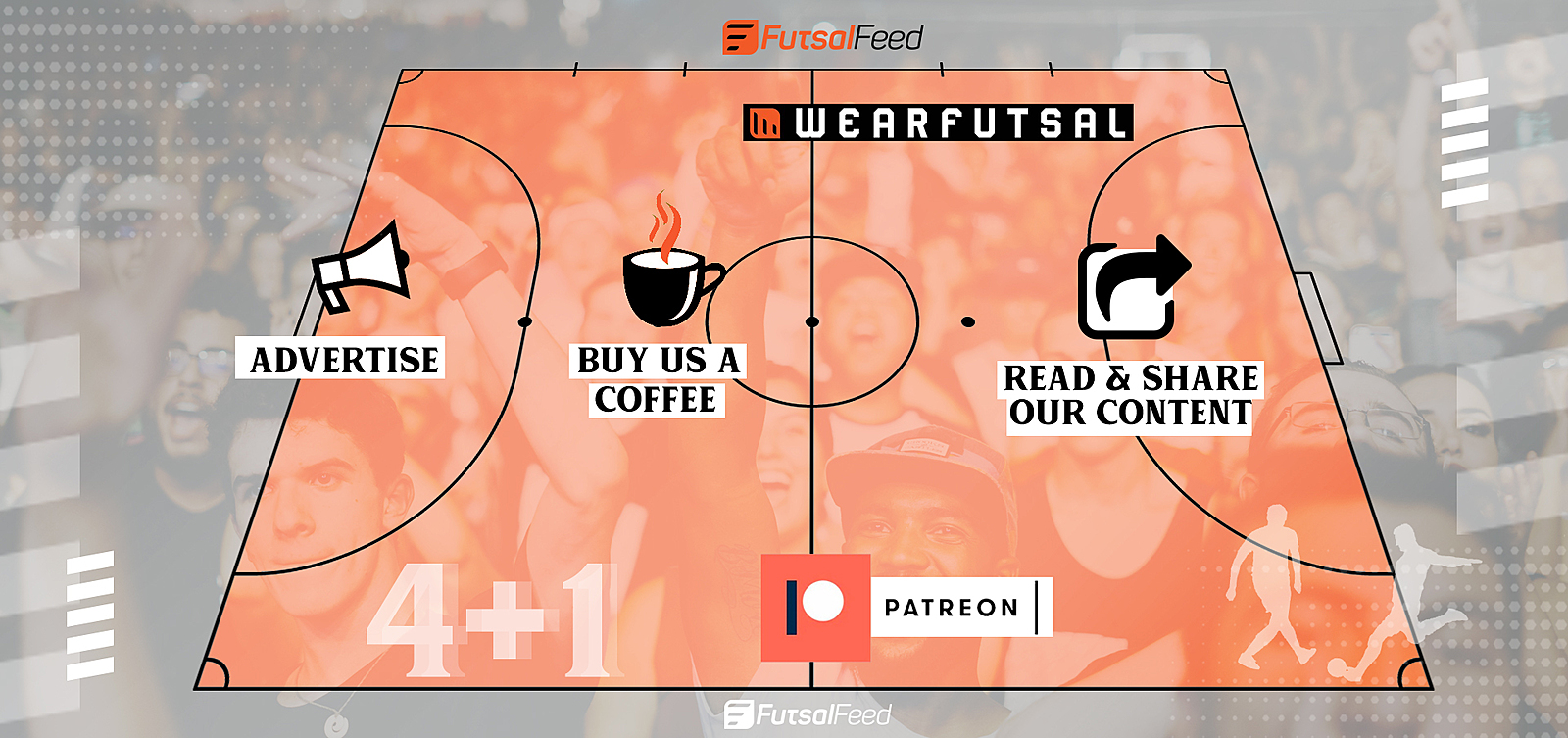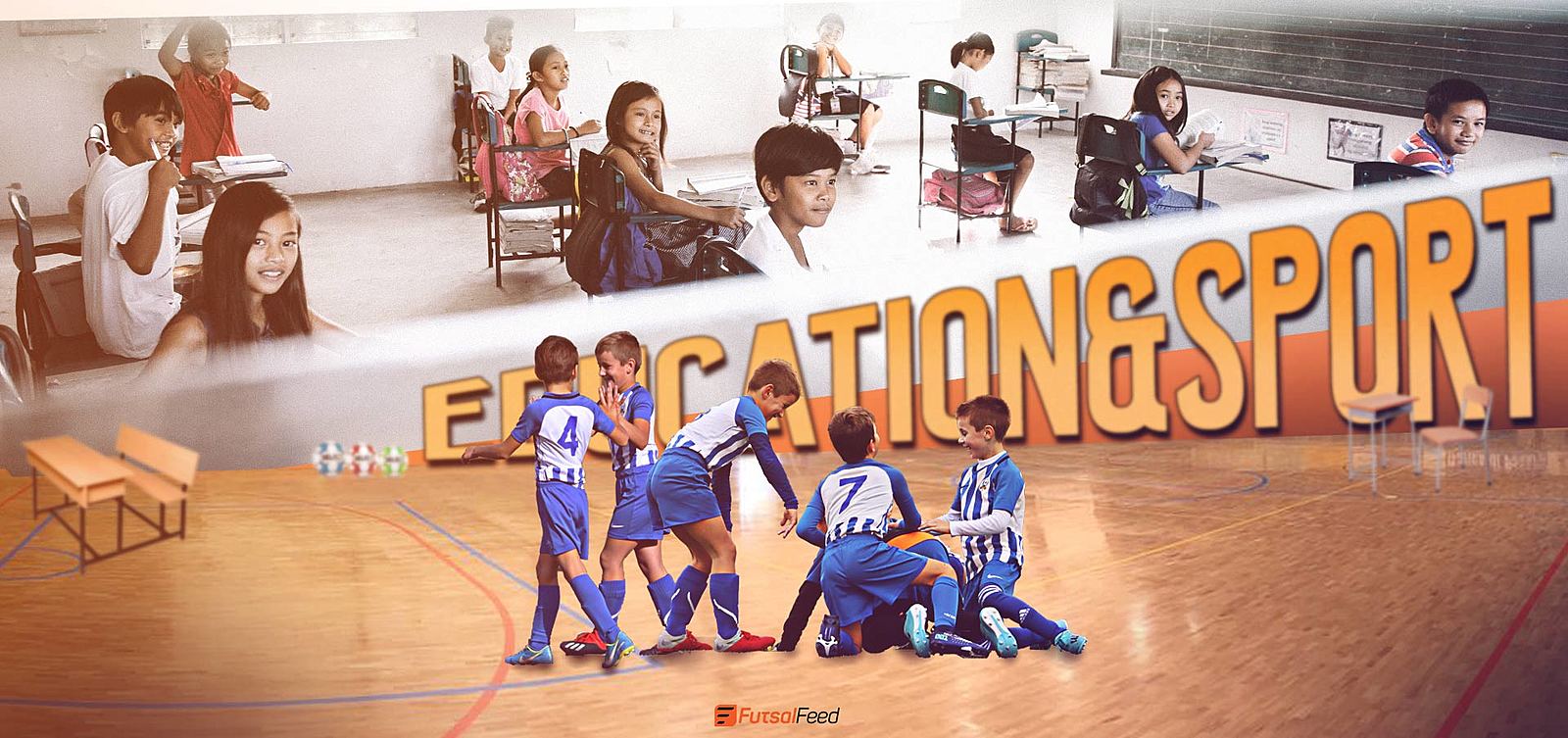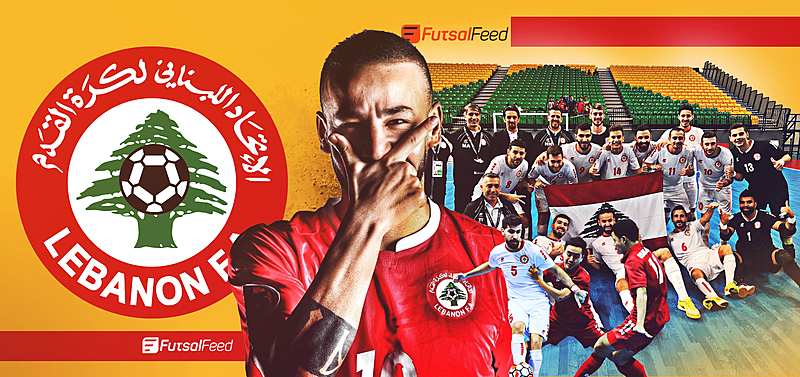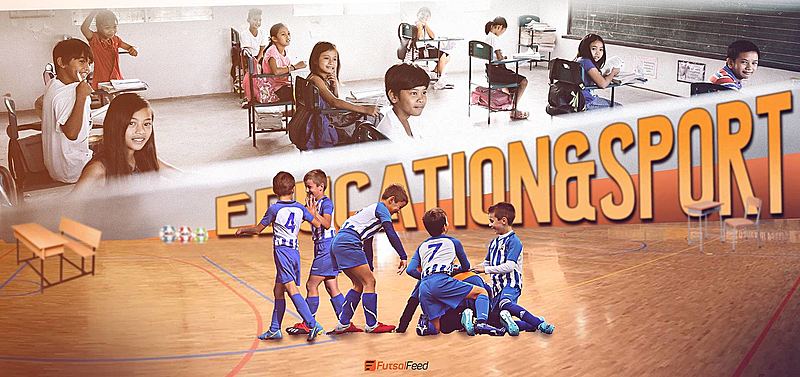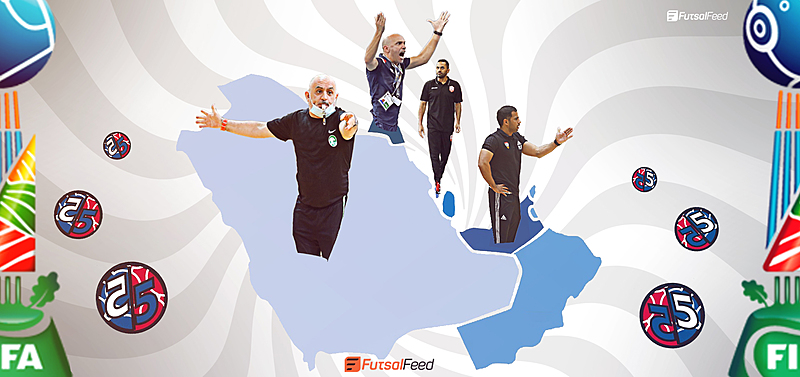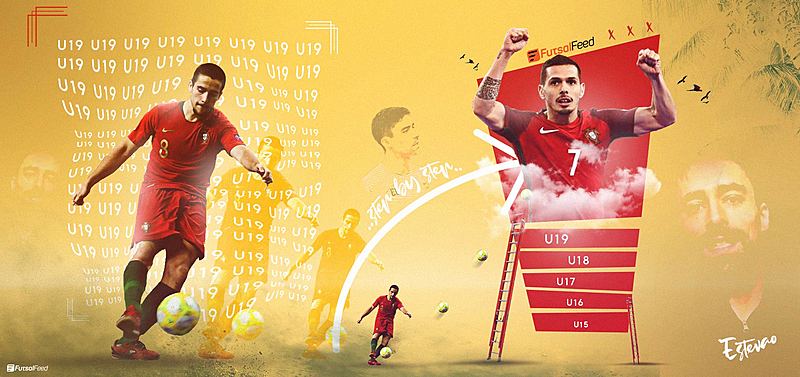Insights for grassroots Programs
"The great goal of education is not knowledge, but action." — Herbert Spencer.
Coaches play a very significant role in the European society. It is estimated that 9 million coaches, both working as professionals and volunteers, support more than 100 million European citizens in achieving their sports participation goals.
To put that into perspective, there are around 6 million teachers, 1.6 million doctors, and 1.6 million police in the EU (Eurostat, 2019). Coaches are one of Europe's largest workforces.
With all the current challenges and necessary changes in Education, this is undoubtedly an opportunity for the Educational System to reinvent itself and adapt to new technologies and new methodologies.

Sport is one of the most exciting and competitive areas of our society. I recall the weekly exam that sportsmen and coaches go through with countless fans watching intensely and with an impact of motivating groups and positively influencing crowds has something to teach Education.
As a curiosity, I share two videos that seek to answer two questions.
What's the School for?
How's Education?
New trends in Education meet what sport promotes, the acquisition of knowledge and skills and skills development.
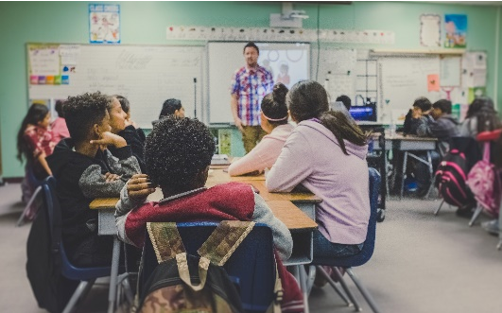
Although knowledge improves decision-making, it is valuable for personal and professional life. But sport teaches life lessons uniquely and memorably, providing functional and interpersonal skills that will be useful on and off the field.
Teamwork - Any team sport emphasizes the team over the individual. However, each sport instils a different notion of how teams work and play together. For example, football players are routinely taught to submit to team goals.
Discipline - Discipline is a requirement for success in any field, and sport instils the value of discipline in players from the beginning of their careers. Practice can be perfect, but it can still be difficult for athletes at all levels to get out of bed and get to the gym or field day after day to achieve maximum performance. Sport is the rare field of life where we receive immediate feedback for our actions: If you take a shot in a certain way and do not succeed, you can immediately adjust your approach to improve.
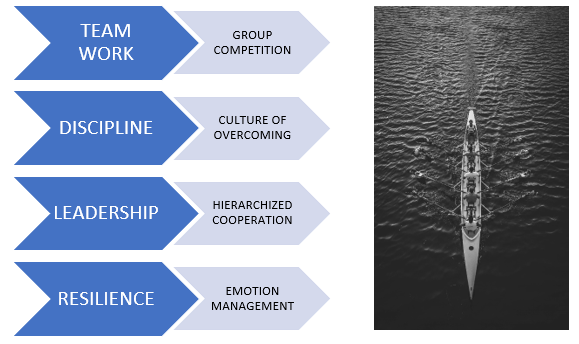
Lead and be Led - In a sport as in life, sometimes you must lead, and sometimes you must follow. Sport helps develop discernment to know if you are acting as a leader or follower at any time. Leadership in sport is not theoretical. It happens moment by moment, as it happens in non-athletic environments. Therefore, the kind of leadership learned from playing games will serve athletes throughout their lives and careers.
Resilience – Athletes and coaches know its importance, the quality that allows a player to stay focused and dig deep even when they can be physically exhausted. It is about doing whatever it takes to succeed, no matter how tired we feel.
Among other countless competencies recognized as key to success.
All developed by sport.
How do your athletes and teams power the sport?
Looking for practical examples in training for transfer in Education:
Group Competition – Exercises in which athletes are always in competitive situations in which teamwork with a different number of elements and additional responsibilities and tasks.
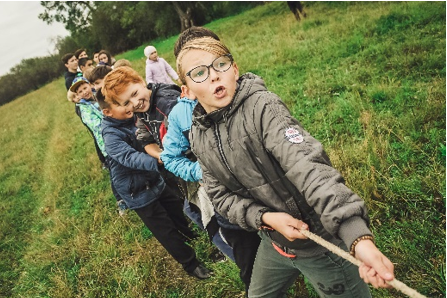
Culture of Overcoming – Developing a posture of excellence and daily overcoming depends very little on words or even examples. The structure of the exercises that are placed on athletes forces them to overcome, not to be chosen, either by the coach or by their peers.
The best exercises allow athletes to discover answers, be creative, have fun, and understand the connection between learning and reality.
Hierarchical Cooperation – Again, through manipulating exercises, it is possible to give the leadership for everyone to experience it, let leaders be elected or arise naturally with the task, or until the Coach exercises leadership allows everyone to understand different levels of leadership.
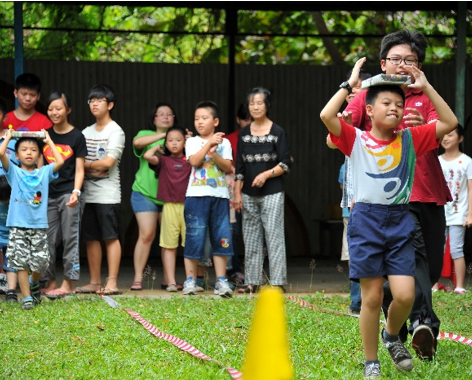
Practice – Every exercise, every training session, and every game to which the athletes are exposed has to deal with victory and defeat, with their emotions, through the coach's appreciation of accomplishment and commitment. The importance of daily showing that the process is the way. However, it is at the end of the game that the goals are reached.
"Educating is not filling a pot but lighting up a fire." — W.B. Yeats.
How do coaches do it?
They create training and learning contexts in which athletes explore the game and the development of their skills.
More than texts and written tests, they seek the practical application of skills with knowledge and stimulate curiosity by resolving problems.
They are not afraid of failure or defeat, but they know that they are an essential part of growth, learning how to provoke it to teach the most important lessons.
"Gentle seas don't make skilled sailors." — African proverb.
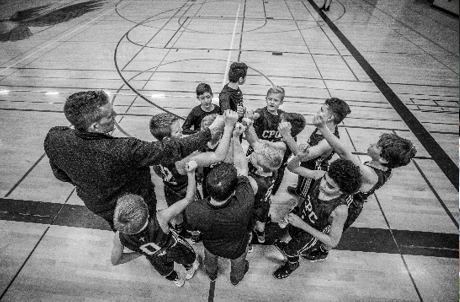
Perhaps what is missing is that all actors in Education are more like those in sports. Students like athletes who want to learn and excel daily. Teachers like coaches who seek new methodologies daily and overcome their peers passionately. And parents as supporters passionately supporting their "club and supporters" respecting the knowledge and experience of teachers.
This is a time of reflection for coaches and players, who are still knowing many of the skills and strategies mentioned, leaving them in the background with the tendency of the human being towards laziness and selfishness.
With all the current debate on health prevention, mental health during the pandemic, and the effects of new technologies on children's education, it is urgent that strategies be created that overcome limitations to practice. That is effective so that youth sport can be a reality again.
This is a moment for Europe's 9 million coaches to change the world.
(Photo: Estêvão Cordovil)
Recent columns by Estêvão Cordovil:
>> Youth to the first team transition
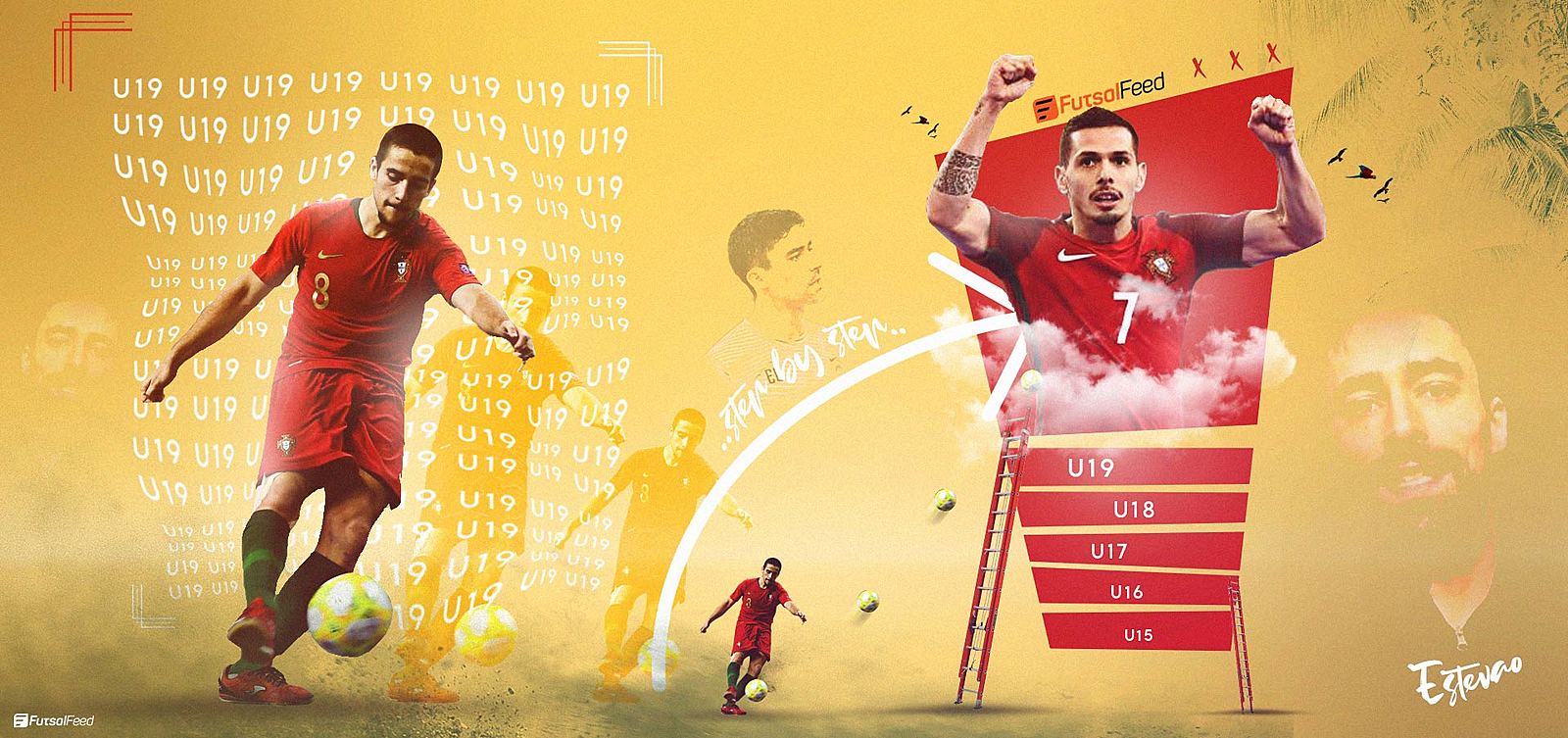
>>> 4+1 easy ways how can you support FutsalFeed
